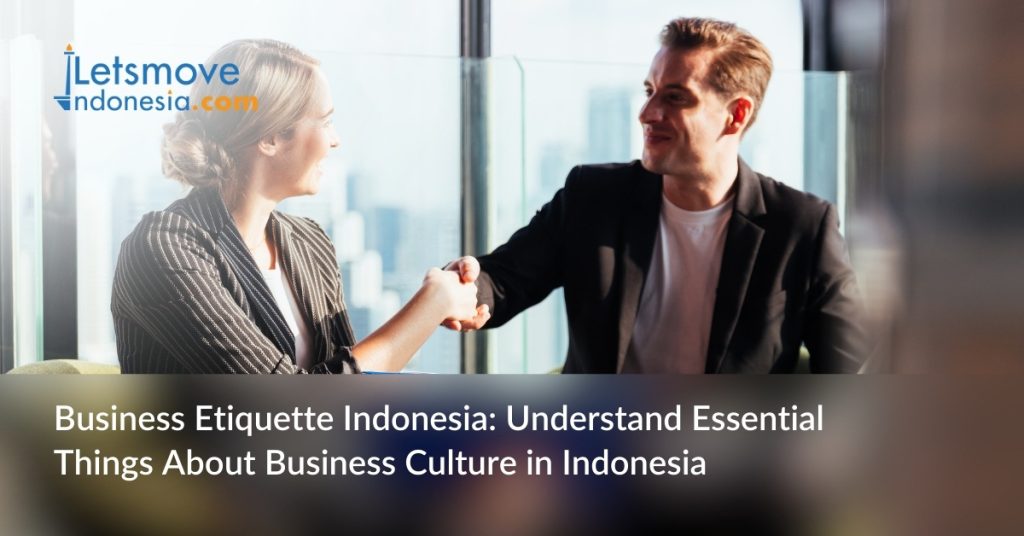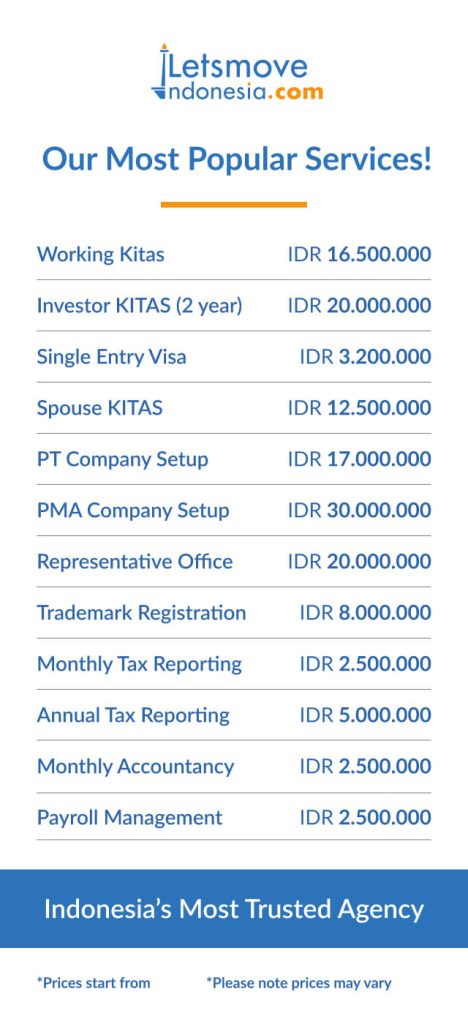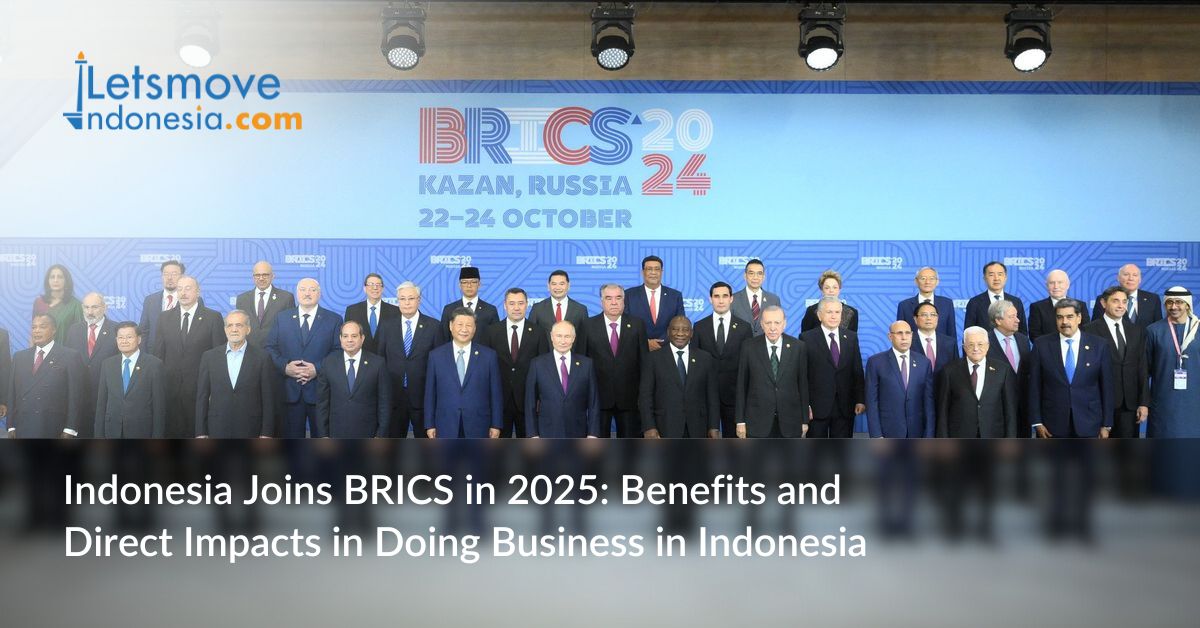Embarking on a business venture in Indonesia requires more than just a sound business plan. Understanding and respecting Indonesian business etiquette and cultural influences is key to fostering successful relationships and achieving your goals.
This comprehensive guide will equip you with the essential insights to navigate the Indonesian business landscape with confidence, finesse, and cultural sensitivity, enabling you to forge lasting partnerships and thrive in this dynamic market.
What is the Business Culture Like in Indonesia?
Indonesia’s business culture is a unique blend of traditional values and modern practices. It’s characterised by a strong emphasis on relationships, respect for hierarchy, and a preference for indirect communication.
Key aspects of Indonesian business culture include:
- Relationship-Oriented: Building personal relationships is paramount in Indonesian business dealings. Invest time in getting to know your counterparts, show genuine interest in their lives, and establish trust before diving into business discussions.
- Hierarchy: Indonesian business culture is hierarchical, so respect for seniority and authority is deeply ingrained in Indonesian culture. Address individuals with appropriate titles and defer to those in higher positions.
- Indirect Communication: Indonesians often favour a subtle and indirect communication style to avoid confrontation and maintain harmony. Pay attention to non-verbal cues and avoid direct criticism or disagreement.
- Patience and Flexibility: Business negotiations in Indonesia can be slow-paced and involve multiple stakeholders. Be patient, flexible, and adaptable to unexpected changes or delays.
Learning Etiquette and Business Culture in Indonesia
Investing time and effort in learning Indonesian business etiquette and culture is important for several reasons:
- Building Trust and Rapport: Demonstrating cultural awareness and sensitivity fosters trust and respect, laying a solid foundation for successful business relationships.
- Avoiding Misunderstandings: Understanding cultural nuances can help you avoid misinterpreting communication signals and prevent unintentional offence.
- Facilitating Effective Communication: Adapting your communication style to align with Indonesian preferences can enhance understanding and lead to more productive interactions.
- Gaining a Competitive Edge: Cultural fluency sets you apart from competitors and demonstrates your commitment to the Indonesian market.
How Business Friendly is Indonesia?
Indonesia has made significant strides in improving its business environment, implementing reforms to attract foreign investment and streamline bureaucratic procedures. The government is actively promoting economic growth and development, offering various incentives and support programs for businesses.
However, navigating the regulatory landscape and understanding local customs can still be challenging. It’s essential to conduct thorough research, seek expert advice, and be prepared for potential hurdles.
Considerations When Doing Business in Indonesia
Cultural Sensitivity
Understanding and respecting Indonesian customs and traditions is paramount. Avoid actions that could be perceived as offensive, such as using your left hand to pass objects or touching someone’s head.
One of the most common form of respect is how you to wear proper business attires, particularly in formal business settings.
Local Business Partners
Partnering with a local Indonesian business can provide valuable insights into the market and cultural nuances, facilitating smoother operations and building trust with local stakeholders.
Financial Management
Familiarise yourself with Indonesian accounting and financial reporting standards. Engage with experienced professionals who can guide you through tax regulations and ensure compliance.
Market Research
Conduct thorough market research to identify your target audience, assess competition, and tailor your products or services to local preferences.
Dynamic Adaptability
Be flexible and adaptable to the evolving Indonesian business environment. Embrace change and be willing to adjust your strategies as needed.
Working Hours & Punctuality
Typical Working Hours
The standard workweek in Indonesia business practices is 40 hours, spread over five days. Government offices and some businesses may operate on a half-day on Fridays.
Punctuality
While punctuality is appreciated, some flexibility is expected, especially in social settings. However, being consistently late for business meetings can be perceived as disrespectful.
Important Aspects of Indonesian Business Culture
- Relationship Building: Invest time in building relationships and establishing trust before discussing business. Attend social events, exchange pleasantries, and show genuine interest in your counterparts.
- Harmony and Consensus: Indonesians value harmony and strive to avoid conflict. Strive for consensus-based decision-making and avoid aggressive or confrontational tactics.
- Understanding Labour Laws: Familiarise yourself with Indonesian labour laws, including minimum wage, working hours, and termination procedures, to ensure compliance and avoid legal issues.
- Government Relations and Bureaucracy: Building positive relationships with government officials and understanding bureaucratic procedures can facilitate smoother business operations.
- Language: While English is increasingly common in business settings, learning basic Bahasa Indonesia as the country’s official language can go a long way in building rapport and demonstrating respect for the local culture.
What is the Business Negotiation Style in Indonesia?
- Patience and Persistence
Negotiations in Indonesia can be slow-paced and involve multiple rounds of discussions. Be patient, persistent, and prepared to compromise. - Relationship Focus
Emphasise building rapport and trust throughout the negotiation process. Avoid high-pressure tactics or aggressive demands. - Indirect Communication
Indonesians may express disagreement or concerns indirectly. Pay attention to non-verbal cues and be sensitive to subtle communication signals. - Face-Saving
Maintain a respectful and courteous demeanour, even in challenging situations. Avoid causing your counterparts to lose face or feel embarrassed.
What cities have potential as business directories in Indonesia?
When considering where to establish your company, understanding the specific advantages of each location is crucial. Let’s delve into some of the top contenders:
Jakarta
As Indonesia’s current capital and largest city, Jakarta is the undisputed economic and commercial hub. It boasts a robust infrastructure, a vast pool of skilled labour, and a thriving business ecosystem. Jakarta is particularly attractive for business people to start doing business in the finance, technology, manufacturing, and services sectors. The city’s cosmopolitan atmosphere and international connectivity make it an ideal base for companies with global ambitions.
Bali
Bali extends beyond its stunning beaches and cultural norms. It’s increasingly recognised as a hub for creative industries, digital nomads, and tourism-related ventures. The island’s laid-back lifestyle, coupled with a growing infrastructure for startups and tech companies, attracts entrepreneurs seeking a unique blend of work and leisure.
Semarang
Located in Central Java, Semarang is a rapidly developing city with a strategic location and access to key transportation routes. It’s a rising star in the industrial and logistics sectors, attracting manufacturing and distribution companies. Semarang’s lower operating costs and proximity to major markets make it an appealing choice for businesses seeking cost-effective expansion.
IKN (Nusantara)
While still under development, Indonesia’s new capital city, IKN (Nusantara), holds immense potential for future business growth. As the government relocates its administrative centre, IKN is expected to become a magnet for investment and economic activity. Early movers in this emerging city could gain a significant advantage as it evolves into a major business hub.
Are You Interested in Doing Business in Indonesia?
Indonesia’s dynamic market, abundant resources, and strategic location offer exciting opportunities for businesses seeking growth and expansion. However, navigating the intricacies of the Indonesian business environment requires expertise and local knowledge.
Lets Move Indonesia is your trusted partner in unlocking the potential of the Indonesian market. With our experienced consultants and comprehensive range of business advisory services, we can guide you through every step of your business journey, from company registration and visa processing to legal compliance and market entry strategies.
Navigate the Proper and Professional Business Environment in Indonesia with Lets Move Indonesia. Contact us today to learn more about how we can help you achieve your business goals in Indonesia!
Disclaimer: This article provides general information on company formation in Indonesia. For specific legal advice tailored to your situation, please consult with qualified professionals.
Related Articles About Company Incorporation Indonesia
What is a Business License? Answering Your Questions About Licenses and Permits in Indonesia
Company Dissolution in Indonesia 2024: A Guide for Foreign Investors
Work Permit (2024): A Comprehensive Guide for Foreign Professionals
How to Register a Company in Indonesia: Your Complete Guide to Business Setup
Company Registration Indonesia: How to Choose A Name For Your PT PMA











